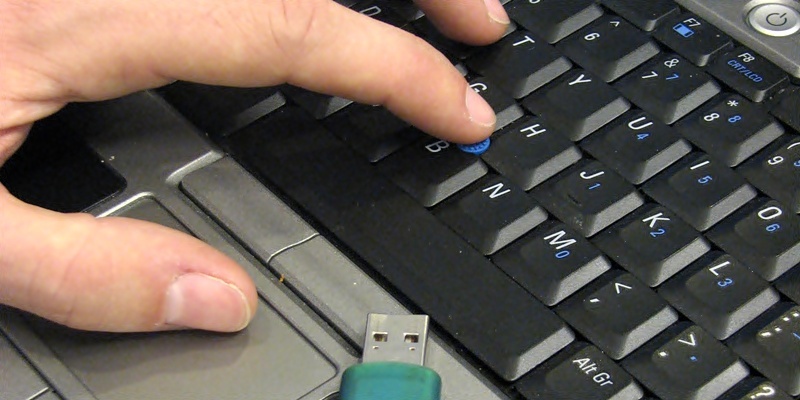Fife Council has rejected claims by the Scottish Conservatives that it lost the personal data of its residents more often over the past five years than any other local authority in Scotland.
According to figures published by the Scottish Conservatives through freedom of information legislation, Fife Council has been involved in 57 incidents in that time ahead of Glasgow City (54) and West Lothian (47).
The figures suggested that Fife Council losses affected just 23 people one of the lowest in Scotland but the authority said the figures were ”misleading” and that over five years they have had ”no significant data breaches.”
Norman Kurzman, the council’s information policy and standards manager, said: ”During this five-year period (2007-08 to 2011-12) Fife Council has had no significant data breaches.
”The figure of 57 stated for Fife is misleading the information that we provided shows that during this period we did log a number of incidents, however only nine of these involved any potential data losses.”
He continued: ”It’s worth highlighting that nine minor incidents in five years for an organisation the size of Fife Council is actually a very good record.
”Of the nine incidents, these were all fully investigated and no significant impact was identified on those involved. For example, they included lost employee ID badges.
”Fife Council takes its data protection responsibilities very seriously and has introduced a number of initiatives to reduce the risk of data loss, for example encryption of removable media, increased training and guidance for employees etc.
”We have a number of polices and procedures in place to ensure effective information governance.”
The Tory figures revealed how local authorities have been involved in more than 250 incidents affecting more than 10,000 Scots over the past five years.
The examples include the loss of laptops containing images of schoolchildren, papers containing confidential pension details of employees and BlackBerrys containing sensitive council emails.
West Lothian Council lost the personal information of nearly 4,500 people in 47 separate incidents.
Highland Council lost the personal details of more than 1,800 individuals in nine incidents, while East Lothian presided over the loss of more than 1,200 pieces of personal data over the same period.
In 2008, Aberdeenshire Council had two laptops stolen containing images of school children.
The following year, it lost a CD that included pupil photographs and had a memory stick containing other pupil details stolen.
Last year, Borders Council lost confidential and sensitive pension details of nearly 850 employees.
Many councils, including Glasgow City Council, could not even identify the number of individuals affected, meaning that the true impact of the losses is likely to be even higher.
Photo by Matthew Baker/PA Wire
